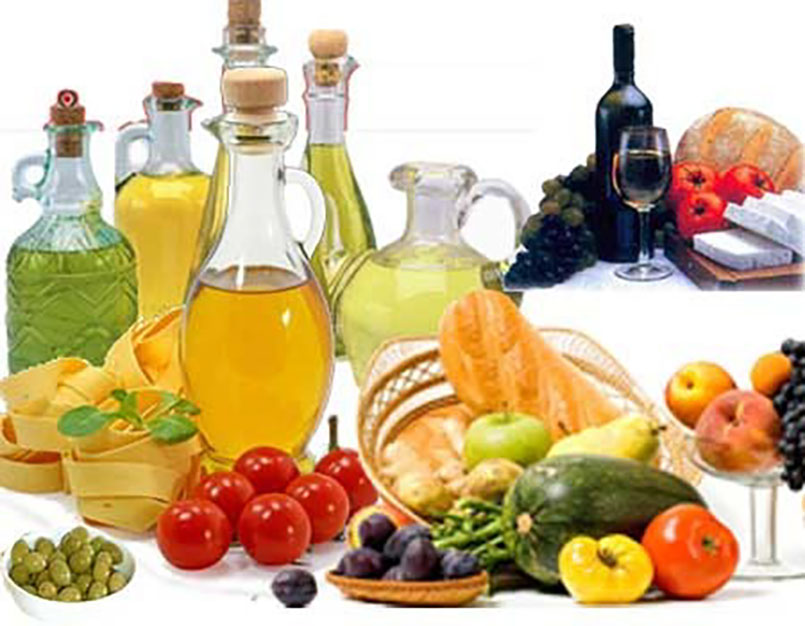Lately the study was terminated early in favor of both Mediterranean diets after a median follow up of just 4.8 years because of a 30% reduction in the combined endpoints of heart attacks, strokes and death from cardiovascular causes.
The largest benefit came in the reduction of stroke. What made this study stand out was that it was randomized (removes potential selection bias) and rigorously monitored. The outcomes were meaningful. Rather than just looking at weight loss, caloric intake or lab values it focussed on what matters most to such patients: survival free of serious complications!
The study also shattered the myth that restricting calories is more important that choosing the right foods. The olive oil group was asked to consume an extra 50 grams (4 tablespoons) daily of the polyphenol rich variety. The mixed nut group was asked to consume an extra daily serving consisting of 15gm walnuts, 7.5 gm almonds and 7.5 gm of hazelnuts.
In addition to these extra servings, the Mediterranean diet groups were recommended the following: olive oil –4 or more tbsp/day, tree nuts and peanuts –3 or more servings per week, fresh fruits –3 or more servings a day, vegetables -3 or more servings a day, fish (especially fatty fish), seafood -3 or more servings per week, legumes-3 or more servings per week, Sofrito (tomato sauce with onions garlic, aromatic herbs and olive oil) –2 or more servings per week, white meat instead of red meat and finally wine with meals for those that enjoy drinking –7 or more glasses per week.
These individuals were also asked to limit soda drinks to less than 1 drink a day and commeercial bakery goods, sweets and pasteries to < 3 servings per week , spread fats to less than 1 serving per day and red or processed meats to less than 1 serving a day.
All studies have their limitations and all diets have some challenges. Here in North America consumption of such a diet will undoubtably cost more. In addition, other social factors such as the amount of daily exercise, chronic stress levels, and medication compliance will all impact your cardiovascular health, but this is without a doubt a great way to start the process of better eating and healthier lives!
CASHING IN ON THE MEDITERRANEAN…DIET WISE ately the news from the Mediterranean has been discouraging financially However amidst the economic tumoil, a study out of Spain called PREDIMED has changed the way cardiologists and others view dietary patterns for the prevention of cardiovascular disease.
Published in the prestigious New England Journal of Medicine in February 2013, the study looked at 7447 persons over the age of 55 who were free of heart disease. They were randomized to one of dietary treatment groups: a Mediterrranean diet supplemented with unlimited use of extra virgin olive oil, a Mediterrranean diet supplemented with unlimited consumption of mixed nuts, or a control diet with advice to consume less fat


